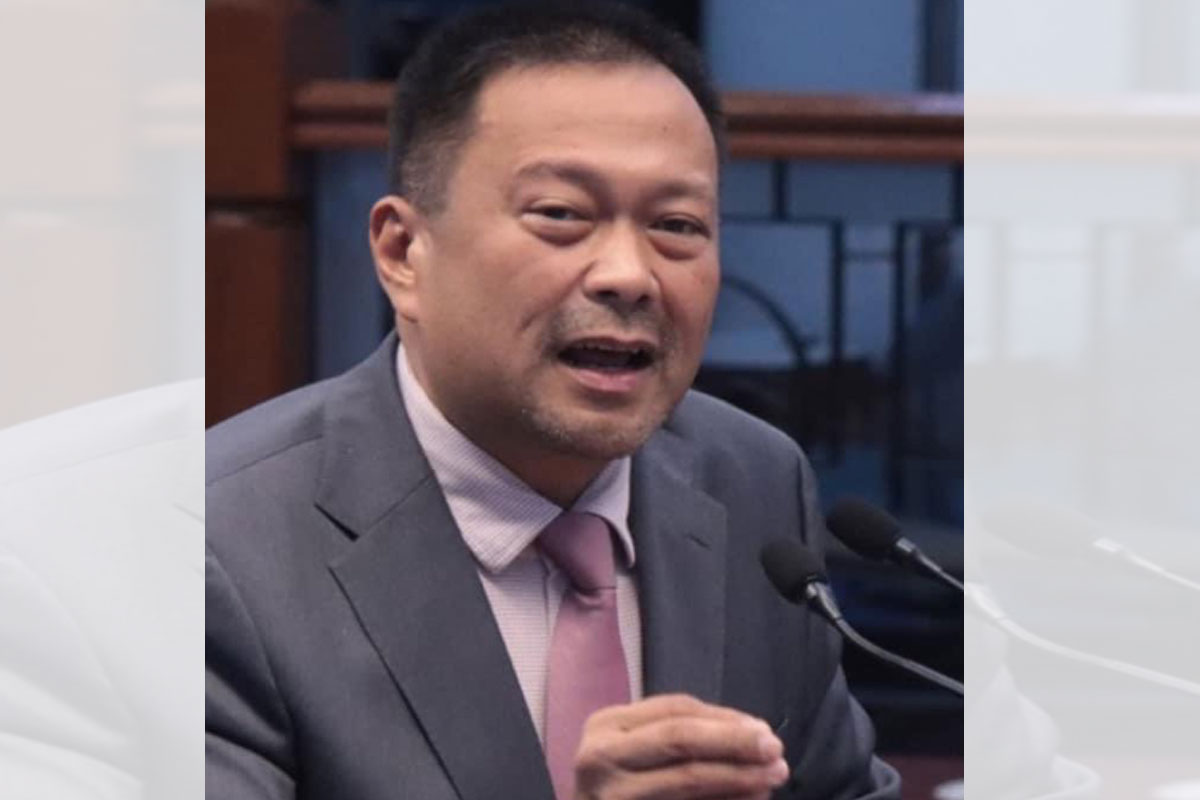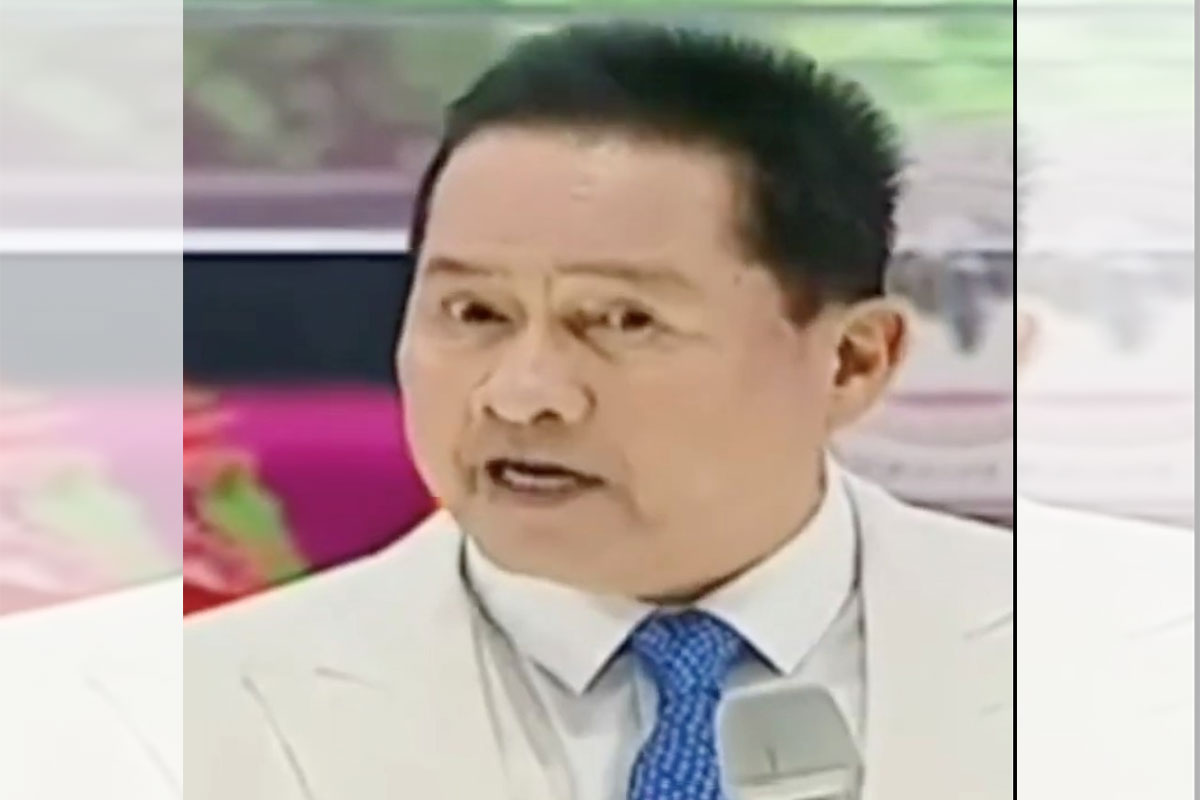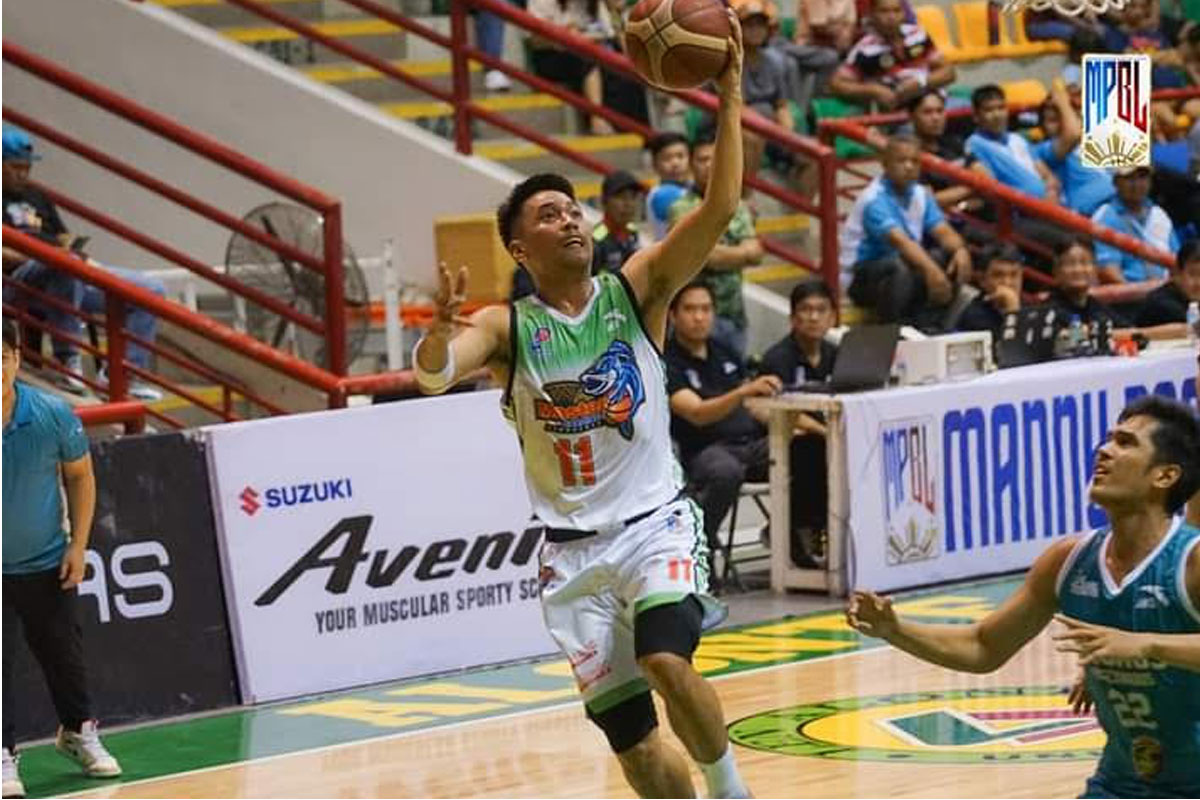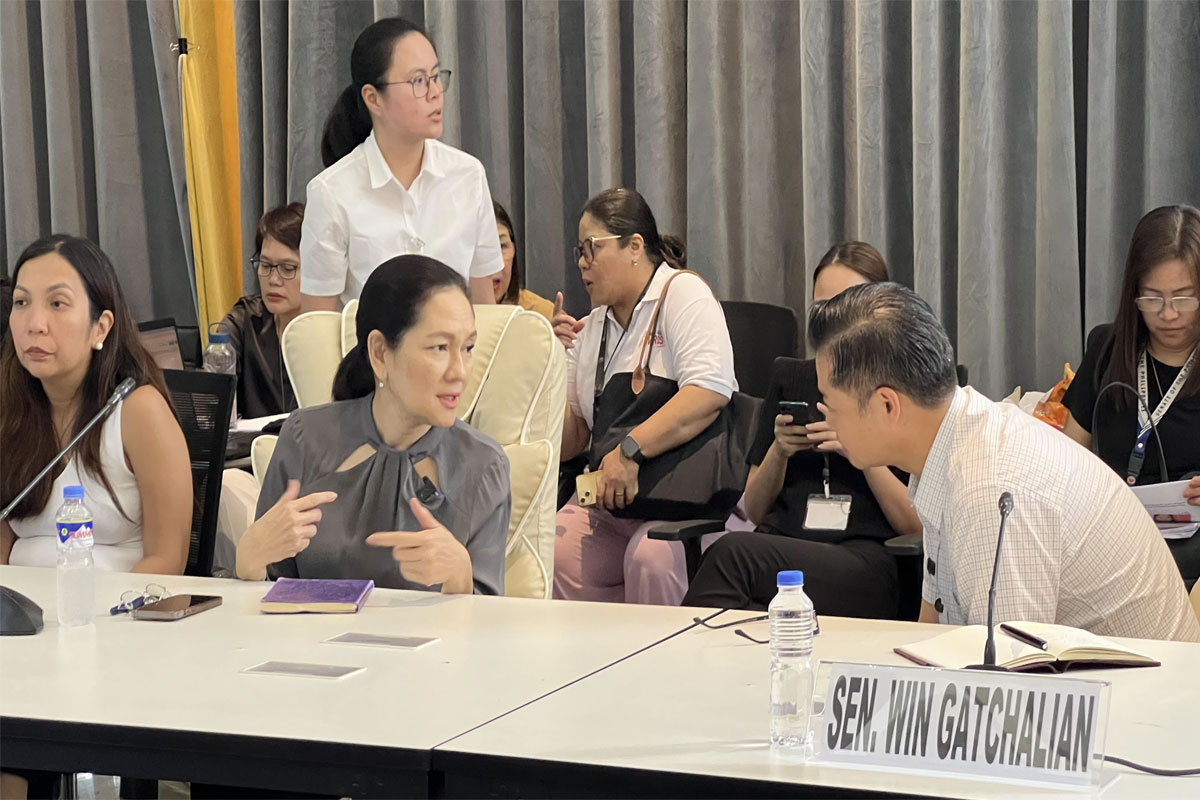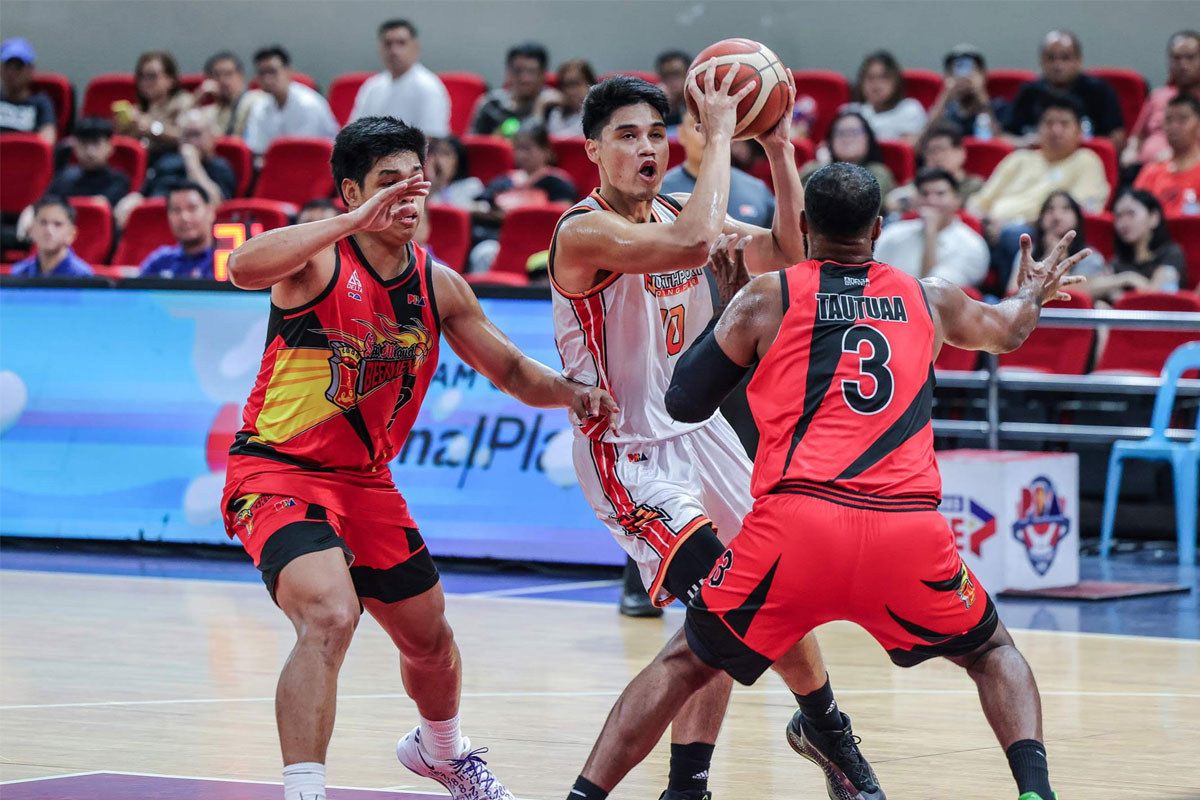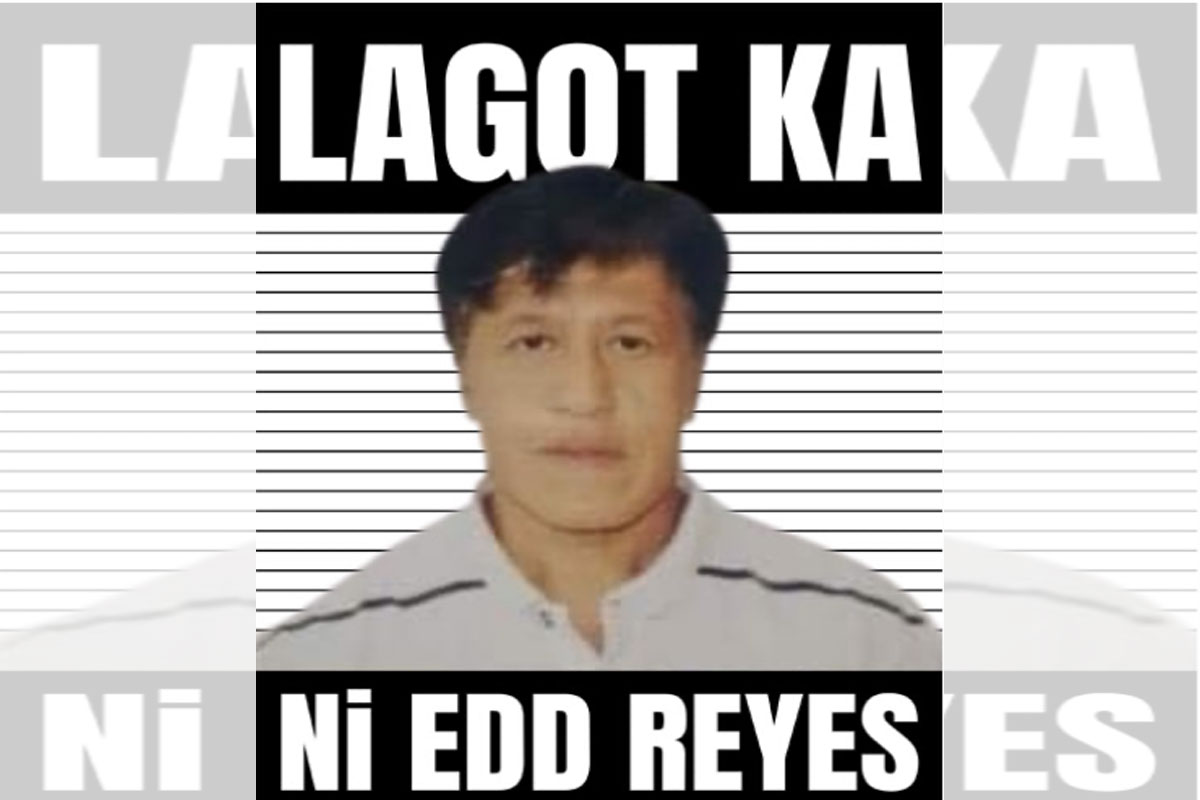
Carlos: Outside help needed by PNP to acquire more bodycams
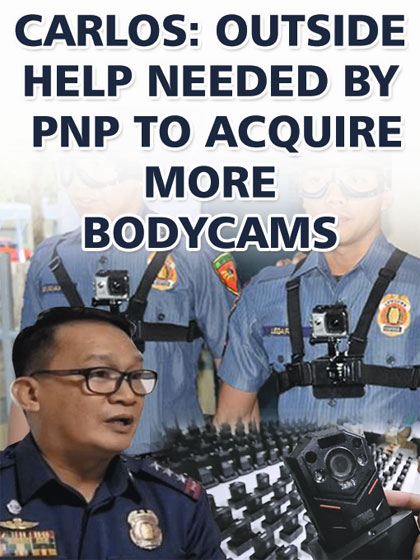 PHILIPPINE National Police (PNP) chief, General Dionardo B. Carlos has underscored anew the need of the force to get more outside help in acquiring more Body-Worn Cameras they need to ensure transparency in all their anti-criminality operations.
PHILIPPINE National Police (PNP) chief, General Dionardo B. Carlos has underscored anew the need of the force to get more outside help in acquiring more Body-Worn Cameras they need to ensure transparency in all their anti-criminality operations.
One of the very few countries in the world already using the gadget for full transparency, the PNP is looking for more local government units, Good Samaritans and generous groups that may provide them body-worn cameras or BWCs to be used by police officers in going after criminals.
The 27th PNP chief said that PNP stakeholders could provide them with BWCs they need to record the service of search warrants of warrants of arrest and other police operations as required by the Supreme Court.
According to the top cop, almost 3,000 BWCs procured by the PNP recently from the fund allocated by Congress have been distributed to different city police stations particularly in Metro Manila, Calabarzon and Central Luzon regions.
Some of these bodycams are already being used by patrollers in their day-to-day patrols of busy streets.
“Base doon sa paggamit nito na pinalabas ng Supreme Court, ‘yun ang aming sinusunod especially yung serving of the warrants para recorded kapag may kinoconduct na planned police operation. But, some of them habang wala hong ganung paggamit, sa regular patrollers nakikita ko na yung body-worn cameras. Kulang pa ho ito pero I think there are partners that are helping us procure by way of donations,” he said.
The High Tribunal last June 29 said that in case of unavailability of body-worn cameras, law enforcers shall file a motion before the court to use alternative recording devices for
The PNP is already taking the initiative of filling up the need for more BWCs for police units through donations from LGUs and their other stakeholders that have been supportive of the police organization.
Early this year, there were already a number of local chief executives, private individuals and groups that have already signified their interest to donate BWCs to the police force in order to ensure transparency in the conduct of police operations, especially relating to anti-illegal drugs operations.
However, the PNP leadership asked the PNP Directorate for Research and Development to provide would-be donors with specifications of the BWCs they would be donating to ensure that they would be compatible with those already being used by the police.
The PNP earlier emphasized that lack of budget prevents them from procuring around 30,000 additional BWC units to cover their entire stations and units nationwide.
But still, Gen. Carlos said that although they still have no enough body cams, they are already fully complying with the Supreme Court’s new ruling which made it mandatory for the police to use body cams or alternative recording devices in the conduct of searches and arrests.
The PNP Directorate for Operations had also issued a memorandum containing the general protocols for the use of the BWCs or ARDs in the execution of search and arrest warrants as well as warrantless arrests.
It was in June of this year when the PNP launched a body-worn camera system with the distribution of a total of 2,696 BWCs to 171 city police stations and various offices nationwide.
Amid the challenge on funding to procure more BWCs, the PNP leadership took the initiative of soliciting BWCS that are compatible to the system that is currently used by the PNP as part of their policy on accountability and transparency.
One of the PNP stakeholders who heeded the appeal of the force late this year was the Public Safety Savings and Loan Association, Inc. or PSSLAI which donated 60 brand-new BWCs and other equipment that will boost the PNP’s anti-criminality drive and conviction rate while promoting full transparency.
The PSSLAI donation came in the wake of several ‘show cause order’ issued to some PNP operating units by the courts following the failure of officers to fully comply with the SC ruling which requires policemen conducting anti-drug searches and arrests to wear BWCs in order to properly record their operations, the Journal Group learned.
Gen. Carlos said that the donated BWCs will further boost the effort of the PNP leadership to strengthen transparency and accountability of police personnel amid doubts and speculations that hounded the organization in the past few years, especially in the campaign against illegal drugs.
The BWCs donated by the PSSLAI were distributed to the PNP Criminal Investigation and Detection Group, Anti-Cyber Crime, Anti-Kidnapping Group, Drug Enforcement Group and Integrity Monitoring and Enforcement Group to strengthen their investigative capability in all their operations and probe of cases.
Aside from the 60 body-worn cameras, the PPSLAI donated one unit of a brand-new Toyota Innova, 10 computers, 13 printers, 11 scanners, three shredders and one photocopy machine to the police force.
The PNP chief vowed that the organization would continue to do its mandate in the best of its ability to ensure peace and order in the country.
Since June this year, police have used their BWCs and other alternative devices allowed by the court to record successful service of search warrants and warrants of arrest in many parts of the country.
Those raids were done in accordance with the new SC rules with assigned officers acting as ‘orators/speakers’ and in the presence of the required witnesses.
It is now the norm in the PNP as the memorandum on the general protocols for the use of BWCs or ARDs in the execution of search and arrest warrants as well as warrantless arrest was addressed to all directors of the 17 Police Regional Office Directors and the different PNP National Operational Support Units including the PNP Drug Enforcement Group and Criminal Investigation and Detection Group for strict compliance.
The top cop said that the BWCs will support their effort to further promote transparency in the conduct of law enforcement operations specifically when it comes to serving warrants of arrest and search warrants for violation of Republic Act 9165 or the Comprehensive Dangerous Drugs Act of 2002.
The PNP launched the body-worn camera system on June 4 to ensure transparency and legitimacy of law-enforcement operations. Initially, a total of 2,696 body cameras have been distributed to 171 police stations and offices.










